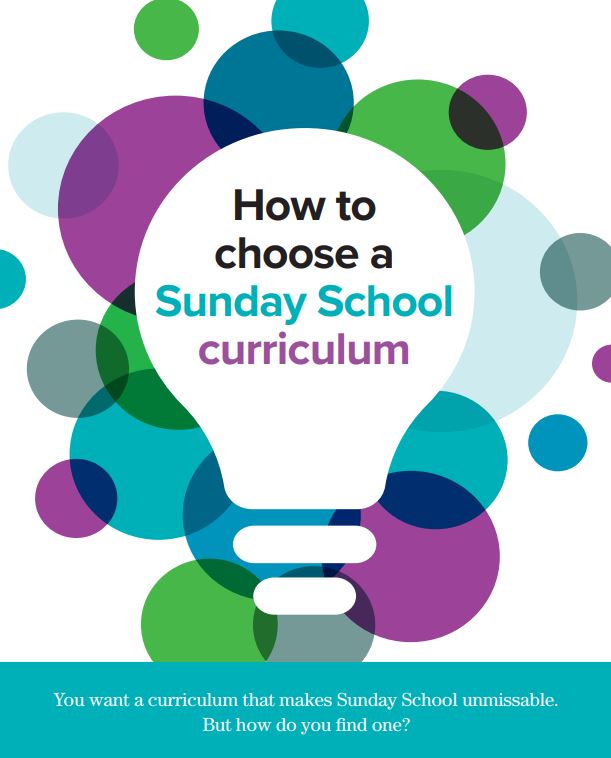
by Kayla Pierce
It is alarmingly easy to play favorites in ministry. Every time we interact with people, there is an opportunity for bias to creep in. A bias is an inclination to favor or disfavor one person or group over another. Biases can reside in attitudes (resulting in prejudice) or in behaviors (resulting in discrimination). Not playing favorites is tricky because biases often arise subconsciously.
Humans are bent toward bias. Our brains acquire and apply information rapidly, performing up to one thousand basic operations per second. We sometimes pick up incorrect and overgeneralized assumptions about different social groups—often from hearsay—and apply them to unique individuals. Such shortcuts become stereotypes.
Bias and discrimination is a moral and ethical problem. After all, the Bible teaches that showing favoritism displeases God. James 2:9 says, “If you show favoritism, you sin” (NIV). So, what can we do about biases in our lives and ministries?
Confront personal biases. This is an uncomfortable topic. People often become defensive or dismissive at the first suggestion they have biases. However, we cannot address what we are unwilling to acknowledge.
The apostle Peter walked with Jesus, received the baptism in the Holy Spirit, and helped launch the Early Church. Yet even this hero of the faith struggled with biases. Prejudice against Gentiles was likely rooted in Peter’s early socialization as a Jewish boy. His attitude led to discrimination, which Paul confronted: “When Cephas [Peter] came to Antioch, I opposed him to his face, because he stood condemned” (Galatians 2:11, niv). If Peter was susceptible to prejudice and discrimination, we certainly are too.
Confronting our biases can be embarrassing, especially when someone else points them out. But when that happens, the best response is humility and repentance.
Grow in awareness. Bias can take many forms, including racism, sexism, and ageism.
Classism is another kind of bias that can happen in subtle ways (James 2:1–4). For example, are wealthier church members the first ones we ask to lead? Do we recruit working class congregants for less appealing volunteer duties?
In large and small leadership decisions, we should take time to pray and reflect on how biases might be affecting our thinking. It’s vital to make sure the Holy Spirit—not an unfair assumption—is leading the way.
Let go of stereotypes. God sees people as individuals, and we must strive to do the same. Paul said, “There is neither Jew nor Gentile, neither slave nor free, nor is there male and female, for you are all one in Christ Jesus” (Galatians 3:28, niv). But that doesn’t mean biases are easy to overcome. Dismantling stereotypes can be a lifelong endeavor requiring continual reflection and prayer.
One of the best ways to let go of stereotypes is to tackle them head-on. Think about some common stereotypes about people of different generations (teens, young adults, senior adults, etc.). Then think of people you know who do not fit these stereotypes. This exercise gives us positive examples so we can challenge our own (and other people’s) unfair assumptions.
Embrace diversity. When everyone in our social circle is exactly the same, our biases likely go unchecked. Instead, we should be intentional about getting to know all kinds of people—listening to their experiences and imagining what life is like for them. In psychology, this strategy is called perspective-taking and has been shown to reduce biases.
Embracing diversity is essential to fulfilling the Great Commission. We have a calling to venture beyond what is comfortable and familiar and to make disciples from among all peoples and nations.
Romans 12:2 says, “Be transformed by the renewing of your mind” (NIV). With discipline and reliance on the Holy Spirit, we can uproot bias, stop playing favorites, and lead more effectively and inclusively.
This article appeared in the Summer 2022 edition of Influence magazine.



